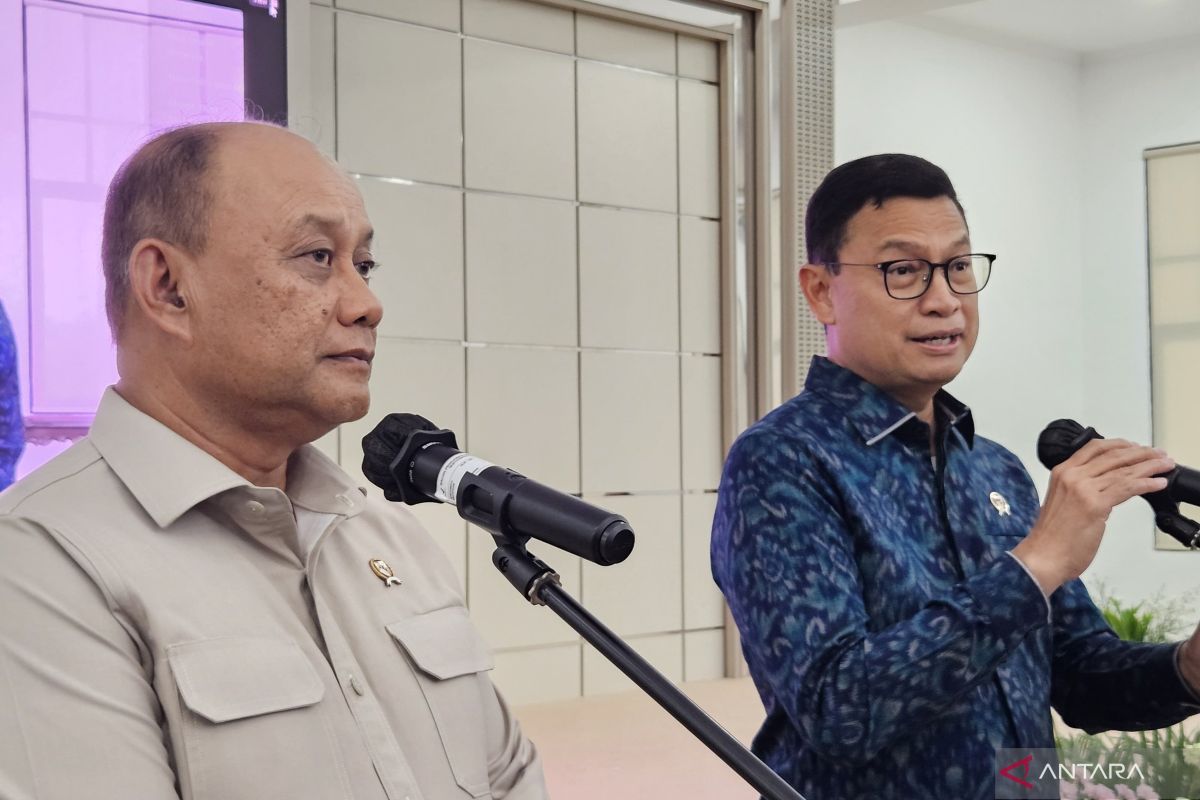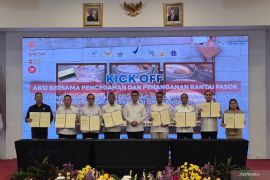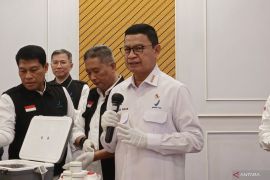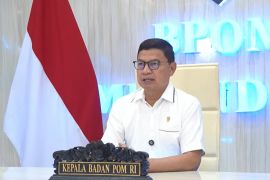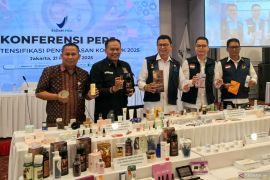BPOM head Taruna Ikrar said here on Thursday that based on BPOM data, there is a 76 percent risk of extraordinary incidents occurring during the program. However, with a good mitigation system, they can be prevented.
Therefore, the BPOM will get involved in supervising the food production, distribution, and storage processes, as well as in mitigation efforts.
"We have the experience to do it, including how to monitor and find the origin of the incident, the type of germ, and so on," Ikrar said after signing the MoU.
The BPOM is also experienced in handling poisoning in children, for example, in terms of the handling of detoxification and dehydration.
In addition, the agency has offices in districts and cities across Indonesia, with thousands of employees who can serve as core personnel for supervision.
Related news: Prabowo highlights people-centric policies in first 100 days
Further, he informed, around 185 universities are cooperating with his agency, so the monitoring of the free meals program can be strengthened with the help of students.
At the same press conference, BGN head Dadan Hindayana said that his agency will ensure high standards in the quality of cleanliness and food safety so that the food distributed under the program can provide full benefits.
He outlined four aspects prioritized in the program, namely meeting calorie needs, meeting nutritional needs, hygiene, and food safety.
The Indonesian government officially launched the Free Nutritious Meals program on January 6, 2025. A budget of Rp71 trillion (around USD4.37 billion) has been allocated for the program.
Through the program, the government aims to enhance the nutritional intake of children under five, pregnant women, breastfeeding mothers, and schoolchildren up to high school age.
Related news: Free meals to boost children's academic abilities: Prabowo
Translator: Mecca Yumna, Raka Adji
Editor: Rahmad Nasution
Copyright © ANTARA 2025
